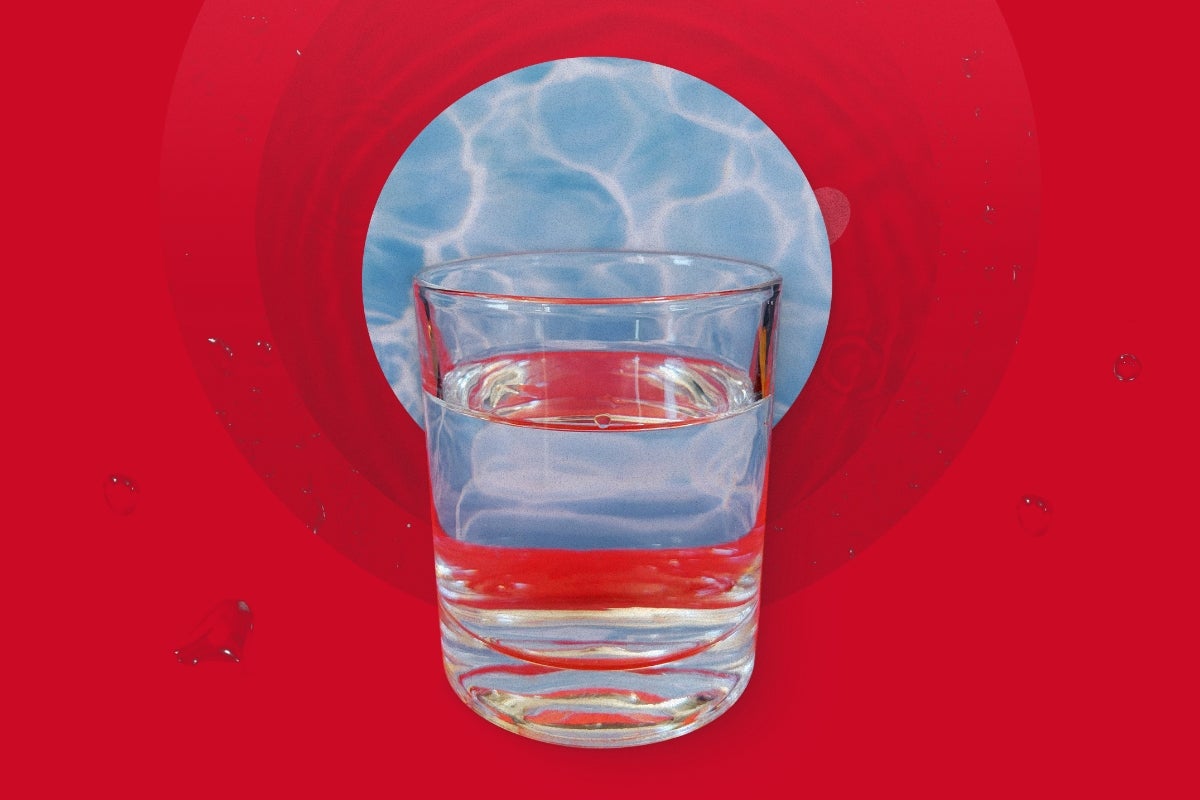Higher consumption of sugary beverages linked with increased risk of mortality

For immediate release: March 18, 2019
The more sugar-sweetened beverages (SSBs) people consumed, the greater their risk of premature death—particularly death from cardiovascular disease, and to a lesser extent from cancer, according to a large long-term study of U.S. men and women. The risk of early death linked with drinking SSBs was more pronounced among women.
The study, led by Harvard T.H. Chan School of Public Health, also found that drinking one artificially sweetened beverage (ASB) per day instead of a sugary one lowered the risk of premature death. But drinking four or more ASBs per day was associated with increased risk of mortality in women.
The study was published March 18, 2019 in the journal Circulation.
“Our results provide further support to limit intake of SSBs and to replace them with other beverages, preferably water, to improve overall health and longevity,” said Vasanti Malik, research scientist in the Department of Nutrition and lead author of the study.
Studies have shown that SSBs—carbonated and noncarbonated soft drinks, fruit drinks, energy drinks, and sports drinks—are the single largest source of added sugar in the U.S. diet. Although SSB consumption in the U.S. has been dropping over the past decade, there’s been a recent uptick among adults, with intake levels from SSBs alone nearly exceeding the dietary recommendation for consuming no more than 10% of daily calories from added sugars. SSB intake is also on the rise in developing countries, spurred by urbanization and beverage marketing, according to the authors.
Previous studies have found links between SSB intake and weight gain and higher risk of type 2 diabetes, heart disease, and stroke, although few have looked at the connection between SSB intake and mortality. In the new study, researchers analyzed data from 80,647 women participating in the Nurses’ Health Study (1980-2014) and from 37,716 men in the Health Professionals Follow-up Study (1986-2014). For both studies, participants answered questionnaires about lifestyle factors and health status every two years.
After adjusting for major diet and lifestyle factors, the researchers found that the more SSBs a person drank, the more his or her risk of early death from any cause increased. Compared with drinking SSBs less than once per month, drinking one to four sugary drinks per month was linked with a 1% increased risk; two to six per week with a 6% increase; one to two per day with a 14% increase; and two or more per day with a 21% increase. The increased early death risk linked with SSB consumption was more pronounced among women than among men.
There was a particularly strong link between drinking sugary beverages and increased risk of early death from cardiovascular disease. Compared with infrequent SSB drinkers, those who drank two or more servings per day of SSBs had a 31% higher risk of early death from CVD. Each additional serving per day of SSBs was linked with a 10% increased higher risk of CVD-related death.
Among both men and women, there was a modest link between SSB consumption and early death risk from cancer.
Researchers also looked at the association between drinking artificially sweetened beverages (ASBs) and risk of early death. They found that replacing SSBs with ASBs was linked with a moderately lower risk of early death. But they also found a link between high intake levels of ASBs (at least four servings/day) and slightly increased risk of both overall and CVD-related mortality among women, so they cautioned against excessive ASB consumption.
“These findings are consistent with the known adverse effects of high sugar intake on metabolic risk factors and the strong evidence that drinking sugar-sweetened beverages increases the risk of type 2 diabetes, itself a major risk factor for premature death. The results also provide further support for policies to limit marketing of sugary beverages to children and adolescents and for implementing soda taxes because the current price of sugary beverages does not include the high costs of treating the consequences,” said Walter Willett, professor of epidemiology and nutrition.
Other Harvard Chan authors of the study included Yanping Li, Eva Schernhammer, and Frank Hu.
Funding for the study came from research grants UM1 CA186107, UM1 CA176726, UM1 CA167552, P01 CA87969, P01 CA055075, R01 HL034594, HL088521, HL35464, and HL60712 from the National Institutes of Health.
“Long-Term Consumption of Sugar-Sweetened and Artificially Sweetened Beverages and Risk of Mortality in US Adults,” Vasanti S. Malik, Yanping Li, An Pan, Lawrence De Koning, Eva Schernhammer, Walter C. Willett, and Frank B. Hu, Circulation, March 18, 2019, doi: 10.1161/CIRCULATIONAHA.118.037401
photo: iStock
Visit the Harvard Chan School website for the latest news, press releases, and multimedia offerings.
For more information:
Todd Datz
617.432.8413
tdatz@hsph.harvard.edu
###
Harvard T.H. Chan School of Public Health brings together dedicated experts from many disciplines to educate new generations of global health leaders and produce powerful ideas that improve the lives and health of people everywhere. As a community of leading scientists, educators, and students, we work together to take innovative ideas from the laboratory to people’s lives—not only making scientific breakthroughs, but also working to change individual behaviors, public policies, and health care practices. Each year, more than 400 faculty members at Harvard Chan School teach 1,000-plus full-time students from around the world and train thousands more through online and executive education courses. Founded in 1913 as the Harvard-MIT School of Health Officers, the School is recognized as America’s oldest professional training program in public health.


